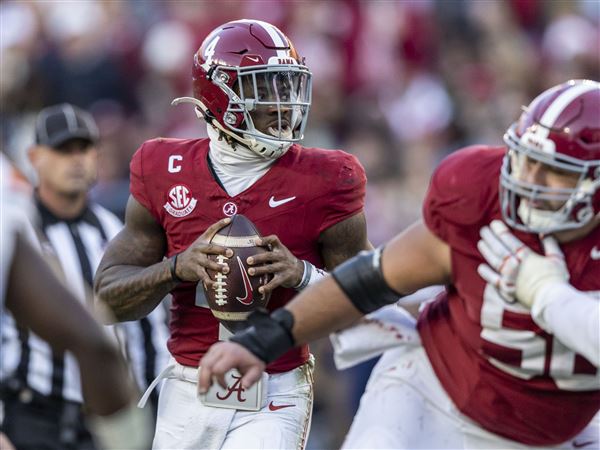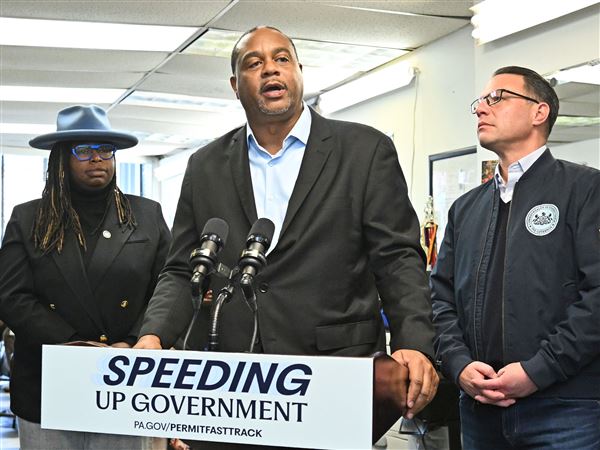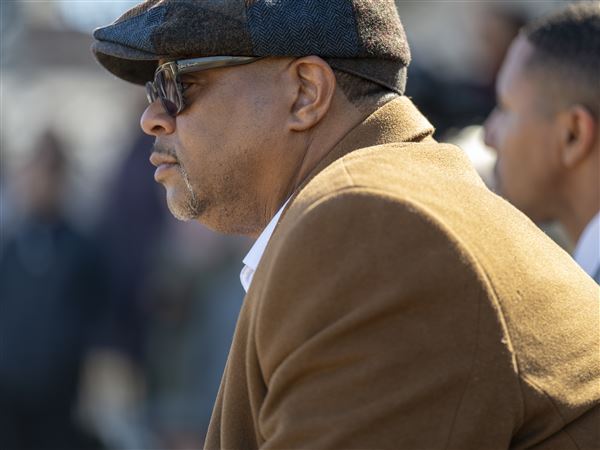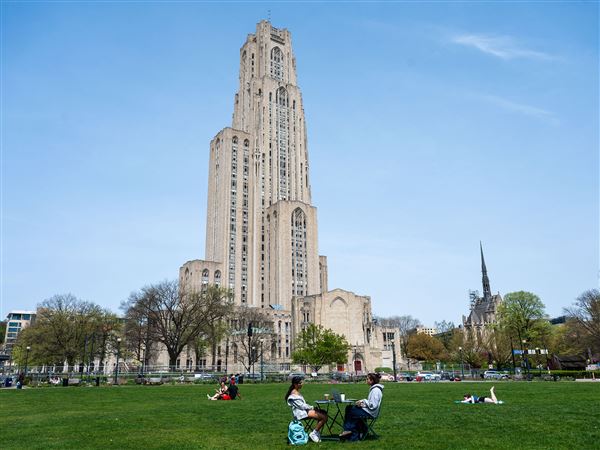A long-running campaign to organize hourly workers at UPMC has suffered a setback that could have national implications as the result of a National Labor Relations Board ruling that restricts workplace communications for union purposes. The ruling reverses a 38-year precedent.
The NLRB ruled June 14 that Pittsburgh health care provider UPMC did not violate labor law when it escorted two representatives of SEIU HealthCare Pennsylvania — who were not employed by the health system — from a hospital cafeteria in Oakland in 2013.
Union representatives Sarah Fishbein and Amber Stenman were meeting with at least six employees in the UPMC Presbyterian Hospital cafeteria, eating lunch and discussing union organizing matters, when a security guard asked them to leave, prompting the complaint by the Service Employees International Union.
Administrative Law Judge Mark Carissimi of the labor relation board’s Pittsburgh office had ruled in favor of the union in 2014, but the full NLRB in Washington, D.C., ruled in favor of UPMC on appeal.
SEIU officials were unavailable to say whether the decision would be appealed to the U.S. Supreme Court, where a conservative majority casts doubt on the union’s chances of reversing the ruling.
"We're very pleased with the clarity provided in the board's decision," UPMC spokeswoman Gloria Kreps said.
Meetings for union solicitation have been permissible since 1982, when the federal labor board said non-employees could generally have access to private property to discuss union issues. The new ruling gives employers more discretion to prohibit such meetings as long as the policy is consistently applied and doesn’t single out union activity for enforcement.
“That is huge,” said Kate Bronfenbrenner, director of labor education research at Cornell University. “That 1982 ruling has been held up over and over again.”
Stephen Fox, a lawyer who represents management in labor issues for the Los Angeles-based firm of Sheppard, Mullin, Richter & Hampton LLP, said the ruling will “make it more difficult for union organizers to reach employees.”
SEIU organizing efforts at UPMC Presbyterian have been ongoing for years, with supporters claiming pay and benefits there are inadequate, but the union has not yet called for an employee vote on union representation. UPMC has announced that it will increase its minimum wage to $15 an hour by 2021 and says the unionization effort had no impact on the decision.
Despite the favorable ruling, UPMC treads a fine line in enforcing the policy of prohibiting some non-employees from using a cafeteria that is open to patients, their families and visitors, Ms. Bronfenbrenner said. To ensure compliance with the law, enforcement consistency is key.
“Who is allowed to come into a hospital cafeteria? Can a lobbyist come in? Can a politician come in?” she said. “United Way? Blood drive?”
John T.L. Koenig, managing partner at Chicago-based Barnes & Thornburg LLP, who represents management in labor issues, said the ruling was good news for employers. Moreover, he didn’t think it would impede union communications in the workplace.
“It used to be they had to knock on doors,” Mr. Koenig said. “Now they can send a text.”
Lauren McFerran, a member of the full NLRB board who cast the dissenting ballot in the 3-1 UPMC decision, said the federal agency had prohibited “employers from discriminatorily denying union organizers access to their property” since at least the 1940s.
“Today, abruptly reversing judicially approved board precedent that it misreads, the majority throws that longstanding principle into doubt by permitting the employer here to expel union representatives from a hospital cafeteria that is open to the public, based entirely on their union affiliation,” she wrote.
“This was discrimination in its clearest form and the board has never before tolerated anything like it.”
Voting in the majority in the UPMC case were three President Donald Trump appointees, John Ring, Marvin Kaplan and William Emanuel. Ms. McFerran was appointed by former President Barack Obama.
Kris B. Mamula: kmamula@post-gazette.com or 412-263-1699
First Published: June 21, 2019, 11:00 a.m.





















